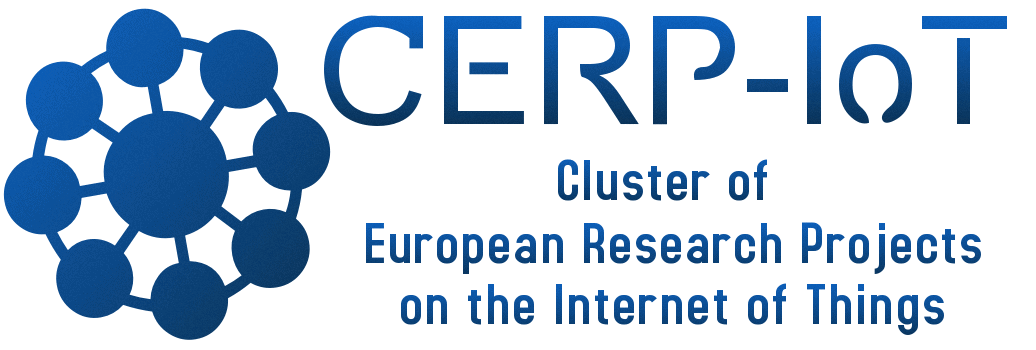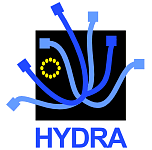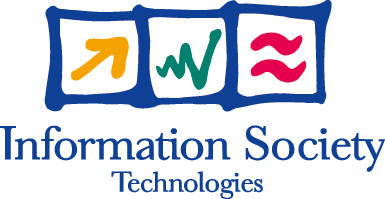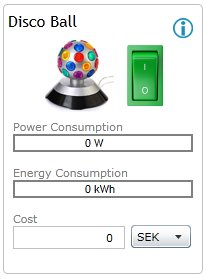Hydra workshop on sustainable business models in agriculture
 The diversity and quality of foodstuffs produced in Europe have made the EU the world’s second largest exporter of agricultural products. Meats, olive oil and whiskey produced in the EU are considered as the best of their kind on the global market. At the same time, the EU is also the world’s biggest importer of agricultural products. There are about 13 million famers in the EU, cultivating around 185 million hectares of agricultural land.
The diversity and quality of foodstuffs produced in Europe have made the EU the world’s second largest exporter of agricultural products. Meats, olive oil and whiskey produced in the EU are considered as the best of their kind on the global market. At the same time, the EU is also the world’s biggest importer of agricultural products. There are about 13 million famers in the EU, cultivating around 185 million hectares of agricultural land.The objective of this workshop is to establish an overview of the economic aspects of using the Hydra middleware platform in agricultural production and to discuss the possible business models that have the potential to be come sustainable in the near future and understand how such models affect the different stakeholders.
A primary concern of the EU Common Agricultural Policy (CAP) is to continually improve food quality, guarantee food safety, and provide better animal health and welfare conditions. These issues are also of central concern and value to the European consumers who show increasing interest in the characteristics of foodstuffs, such as geographical origin.
In the past 10 years, the use of innovative ICT technologies has seen a rapid increase throughout mainstream Europe in almost every area of agricultural production and distribution.
Farm Management Information Systems allows for animal and herd registration, milk recording, quota management, milk analysis, fertility analysis, bull selection, grass measurement and budgeting, nutrient management, maps, tracking of inputs and outputs, numerous accounting applications, farm enterprise analysis, etc. One of the biggest drivers to use of farming Management Information Systems has been the increasing emphasis on recording for statutory purposes, quality assurance and traceability.
However, many processes are still done manually because interoperability is difficult to achieve between different manufacturers’ systems. The future “Internet of Things” is revolutionising our communication environments where trillions of devices will be able to communicate with each other, with users or other people, and with enterprise and public information systems. The Hydra middleware is providing the building blocks for the Internet of Things and allows developers to rapidly develop agricultural applications that integrate farm ICT systems, farm equipment, RFID tags, and various logistics devices into a fully interoperable application for e.g. food traceability, farm management, herd monitoring, etc.
Traceability along the food supply chain, i.e. from farm to fork, is essential to ensure food safety. Traceability therefore concerns not only finished foodstuffs but also animal feed and feed ingredients as these all impact the end quality of the product. This is becoming a growing concern of the European consumers who demand a tool that can help them to verify the quality, safety and authenticity of foodstuffs.
Precision Agriculture or site-specific crop management can be defined as the management of spatial and temporal variability at a sub-field level to improve economic returns and reduce environmental impact with the main activities being data collection and processing and variable rate applications of inputs. The tools available consist of a wide range of techniques and technologies from information and communication technology as well as sensor and application technologies, farm management and economics.
The technologies mentioned here are some of the recent agricultural technologies that can help improve and optimise agricultural production and meet EU policy requirements. The Hydra middleware can create new or improved embedded systems and applications, based on the capabilities of existing devices, which may not only appeal to the producer but also to the end-consumer.
In order to explore new market opportunities based on Hydra middleware, the project is hosting a workshop on sustainable business models in for ICTs in agriculture on 27 January 2010 in Rome. The workshop will allow various stakeholders and experts from different EU countries to discuss and identify sustainable business models for the Hydra middleware in the agricultural domain.
This workshop forms part of the Hydra project’s aim to develop a suitable framework for analysis of value creation and business modelling, which will allow accurate and viable metrics for cost-effectiveness, organisational adaptation and sustainable business and cost-benefit models for the stakeholders. Different agricultural scenarios will be used to capture parts of the service concept idea and to contribute to a common understanding between stakeholders.





 The Hydra project is co-funded by the
The Hydra project is co-funded by the 


